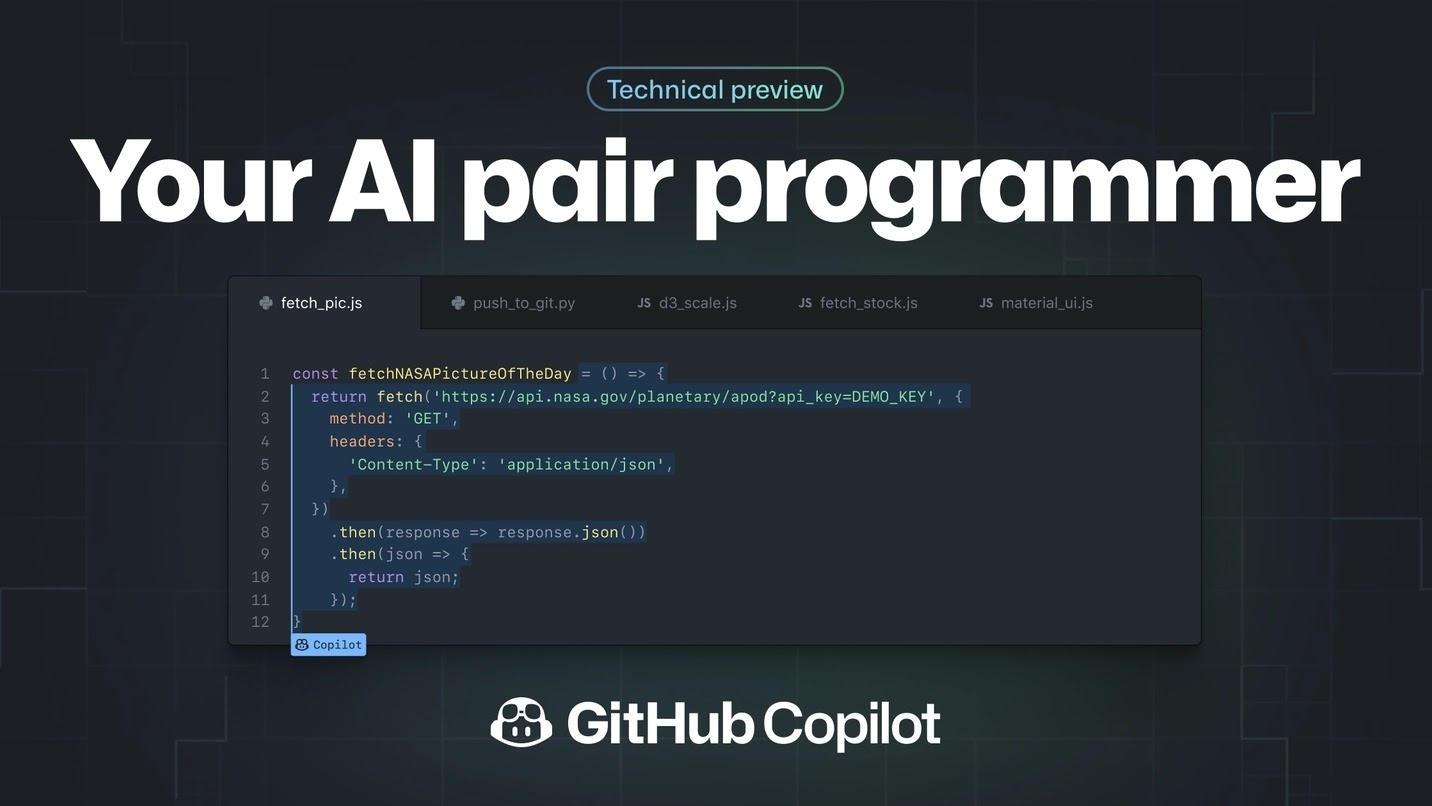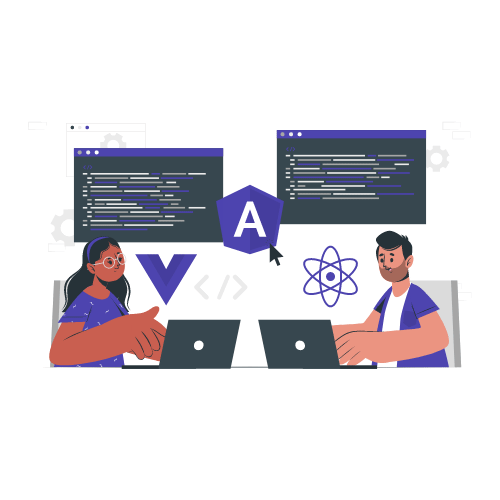Coding world has moved one step ahead towards automation
Coders have automated countless business functions, they are about to taste their own medicine now!
July 07, 2021 | SimbaQuartz
That’s right, the Coding world has moved one step ahead towards automation. OpenAI, backed by Microsoft and Microsoft owned Github’s jointly released Copilot is capable of understanding the basic human language and translating into computer-understandable code. Researchers at Microsoft and other institutions have been trying to teach computers to write code for decades. The concept has yet to go mainstream, at times because programs to write programs have not been versatile enough. Hope you are one of the lucky ones to have been granted access to the preview of Copilot.

As the name suggests, the tool is designed to work with a programmer and not independently, and can be used when working in a new language or framework, or while learning to code. GitHub’s Copilot is available as a Visual Studio Code extension. The extension sends comments and code to GitHub's Copilot service, which then uses OpenAI Codex to synthesize and offer suggestions to the user. Codex has been trained on terabytes of openly available code pulled from GitHub, as well as English language examples. According to the team, GitHub Copilot tries to understand the coder's intent and to generate the best code it can, but the code it suggests may not always work or even make sense and hence the code suggested by GitHub Copilot should be carefully tested, reviewed, and vetted, like any other code.

The need to google while coding in a new language is in danger of extinction with this massive development. This would also save time spent on debugging the code. The extension works well on Python, JavaScript, TypeScript, TypeScript, Ruby and Go (This isn’t the first project to try to automatically generate code to help programmers, the startup Kite pitches a very similar functionality, with availability on more than 16 code editors).
The code suggestions can be accepted, rejected, or edited according to the need of the programmer. As of now, programmers are trying it for fun. Whether it gets adopted by professional programmers for real coding work is a doubt. While some may argue that Copilot adds cognitive load and breaks the flow by popping at unexpected moments, the value addition in terms of learning and the potential to automate is immense.
To use it to the fullest, one needs to fragment the code into parts or functions, inputting useful names for a function’s parameters, writing docstrings and comments in the process.
It is getting evident that Microsoft’s strategic investments (backing OpenAI, acquiring GitHub, creating VSCode) are coming together to create their products of the future.







.png)

.png)
